Truth About Medical Aid in Dying
July 2024
More than one-third of metro area residents support legalized medical aid in dying (MAID, also referred to as physician-assisted death), with 37 percent saying they supported legislation that would allow MAID in New York, while 21 percent opposed it, and 43 percent were not sure.
The latest results of the Mount Sinai South Nassau Truth in Medicine public health poll of Long Island and New York City residents sought feedback from the public on a wide range of health-related topics:
- 60 percent of respondents age 65 and older say their overall health is “excellent” or “good” and are generally optimistic about their health, even though the risk for chronic health conditions like dementia, heart disease, type 2 diabetes, and arthritis increases with age.
- 70 percent say their overall health is “excellent” (13 percent) or “good” (57 percent), with just 2 percent defining their health as “poor.”
- One-third of all have received an unexpected medical bill.
- Black respondents access the health care system at lower levels than all other racial groups, while men are often less engaged in health care than women.
“There remains a divide in our health care system when it comes to reaching minority communities, who generally experience poorer health care outcomes for a variety of reasons,” said Adhi Sharma, MD, President of Mount Sinai South Nassau. “We can work to close that gap.”
The Truth in Medicine Poll, sponsored by Bethpage, aims to gather data about public attitudes on key public health topics and spur education and discussion. The latest poll was conducted from March 21 through 26, 2024, via both landlines and cell phones with 600 Long Island and New York City residents. Poll findings are subject to a sampling error of plus or minus 3.9 percent.
Other key findings of the Truth in Medicine poll include:
- 29 percent of all respondents have taken an independent patient satisfaction survey after a hospital stay. Nearly one-half of respondents age 65 and older have taken such a survey. Blacks, men, and those under age 65 are the least likely to have done so.
- A slim majority of respondents 65 and older have a living will (53 percent) or a health care proxy (52 percent). Only 32 percent have long-term care insurance; 27 percent have made long-term care plans with their children or family, and 15 percent have toured an assisted living facility.
- Satisfaction with private health insurance is strong but not overwhelming among the 52 percent of all respondents who have private health insurance policies (that percentage was held down by the 39 percent of respondents age 65 and older who do not hold private insurance, although approximately two-thirds of all age cohorts have private health insurance). Of those poll respondents with private health insurance, 25 percent have a “very positive” perception of their health insurer, 45 percent are “somewhat positive,” 27 percent are neutral, and just 3 percent are “negative.”
“Appointing a health care proxy (or agent) is vital to ensuring that you get the care that you want in an emergency or at the end of life when you may not be able to make your own decisions about your medical care,” said Aaron E. Glatt, MD, Chair of the Department of Medicine, Chief of Infectious Diseases, and Hospital Epidemiologist at Mount Sinai South Nassau. “The health care proxy can also assist with decisions that are in accord with your wishes in the event your condition changes and ensures that providers follow your wishes.” (For a free health care proxy form, visit www.health.ny.gov/community/advance_care_planning.)

Truth About Medical Aid in Dying
More than one-third of metro area residents support legalized medical aid in dying (MAID, also referred to as physician-assisted death)...
Read More
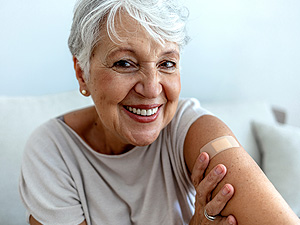
Truth About the Updated COVID-19 Vaccine
Only 15 percent of area residents have received the updated COVID-19 vaccine, according to results...
Read More
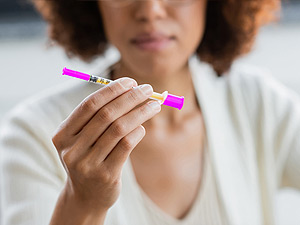
Truth About Prescription Weight Loss Drugs
Nearly one-third of metro area residents consider themselves overweight and almost one-quarter...
Read More
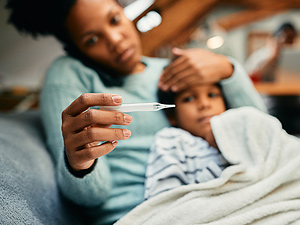
Truth about the Tridemic: Don't Delay Vaccines
Poll shows public reluctant to get vaccines, won’t adjust plans for the holidays...
Read More
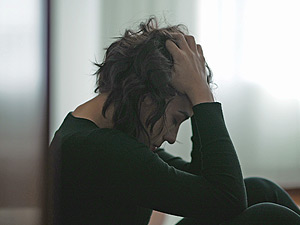
Truth About Mental Health Services
Many Long Islanders Struggle to Find Needed Mental Health Service...
Read More
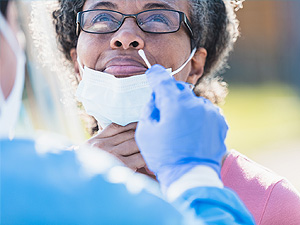
Truth About Government & COVID-19 Testing
More than 80 percent of metro area residents say the government should be doing more...
Read More
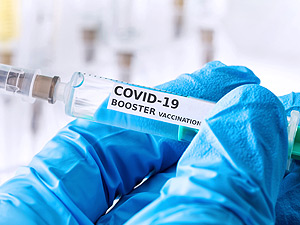
Truth About Vaccine Boosters
75 Percent of vaccinated Metro Area Residents Say They Will Get a COVID-19 Booster Shot...
Read More

Truth About COVID-19: Poll 3
More than 50% of Metro Area Residents Polled Do Not Plan to Get COVID-19 Vaccine...
Read More
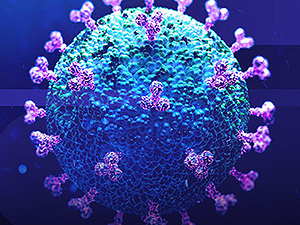
Truth About COVID-19: Poll 2
Two-Thirds of Metro Area Residents Would Forgo Sporting Events, Movies, and Public Transportation...
Read More
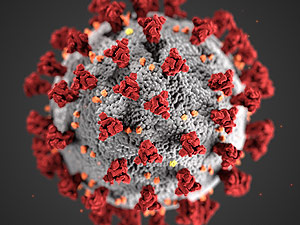
Truth About COVID-19: Poll 1
More than half of metro area residents said they would get a vaccine to combat the spread of the novel coronavirus...
Read More

Truth About Stress
Poll results show women under 50 are most stressed out as holidays approach...
Read More

Truth About Vaping
Eighty percent of parents think vaping is addictive, and 63 percent think that it is unsafe...
Read More

Truth About HPV
More than one-third of parents are not aware of CDC recommendations to vaccinate...
Read More

Truth About Marijuana
Fifty-percent of metro area New York residents support legalizing recreational marijuana...
Read More

Truth About Screen Time
Metro-area children are spending an average of 3.41 hours/day of screen time for non-academic purposes...
Read More

Truth About Supplements
Many Report Taking Supplements in Attempt to Prevent Cold, Flu but 39 Percent of Those Still Avoid Flu Shot...
Read More